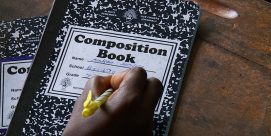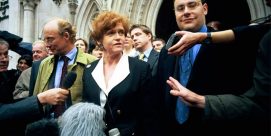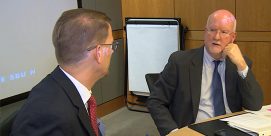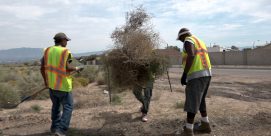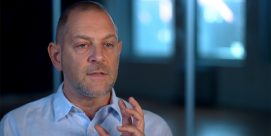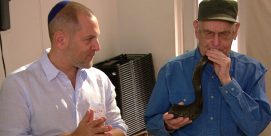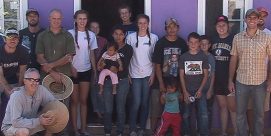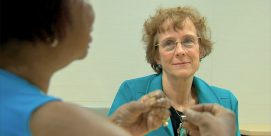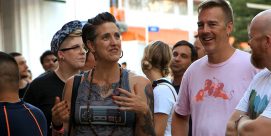Topic: Culture and Society
“Let’s see if we can get kids to learn more this year than they’ve ever learned before,” says Josh Nathan, academic director of Bridge International Academies. But the teachers’ union is strongly opposed to partnering with a private, for-profit US company to educate the children of Liberia.
More“Facts are facts,” says Holocaust studies professor Deborah Lipstadt, author of “Denying the Holocaust: The Growing Assault on Truth and Memory.” “There are not two sides to every story, and there are certain things that can’t be contested.” More
“One of the things we discovered very early on in our existence is there was pent up demand both in the United States, but also globally, for various religious actors and communities to come and engage with the State Department, to learn about our foreign policy,” says Shaun Casey, US Special Representative for Religion and Global Affairs. More
“There’s a lot of dislike for us. We’re just worthless creatures who really shouldn’t be alive,” says John, a homeless man in Albuquerque, New Mexico. So the city started a program called There’s a Better Way, to employ homeless men and women, pay them, and connect them to local services they didn’t know were available. More
“We are igniting our lives as humans,” says Rabbi Amichai Lau-Lavie, “using the Jewish toolbox to make what we inherited work for today.” Rabbi Lau-Lavie leads New York City’s Lab/Shul in preparations for Rosh Hashanah and Yom Kippur. More
“There’s something about the shofar that is like the chatter of children. It’s the crying of babies. It’s the mother giving birth. It’s the grief wailing. It is a human, primitive voice.” Watch excerpts from our interview with Rabbi Amichai Lau-Lavie about the sound of the shofar and the meaning of “teshuvah” during the Jewish High Holy Days. More
“There is no way you can talk about, discuss or even acknowledge the contribution of African-American history without acknowledging the very real presence and power of faith as a part of that history,” says Rex Ellis, associate director of curatorial affairs at the Smithsonian’s National Museum of African American History and Culture. More
“Not only are the people here benefiting and becoming stronger communities, but the [volunteers] from the states are learning about the people here. They’re learning about each other, and it’s very uplifting,” says Paula Claussen, founder and president of Project Mercy, a nonprofit that replaces the shanties and lean-tos of poor residents in Tijuana with real homes. More
“This is a silent revolution that’s transformed health care so that every person can have their inner life, their spirituality addressed as an integral part of their care,” says Dr. Christina Puchalski, founder and director of the George Washington University Medical School’s Institute for Spirituality & Health. More
“So much of spirituality is about sanding ourselves down, smoothing ourselves out so that we’re nice and shiny. But the fact is the jagged edges of our humanity are what actually connect us to God and to one another,” says Nadia Bolz-Weber, the tattooed founding pastor of The House for All Sinners and Saints in Denver. More

